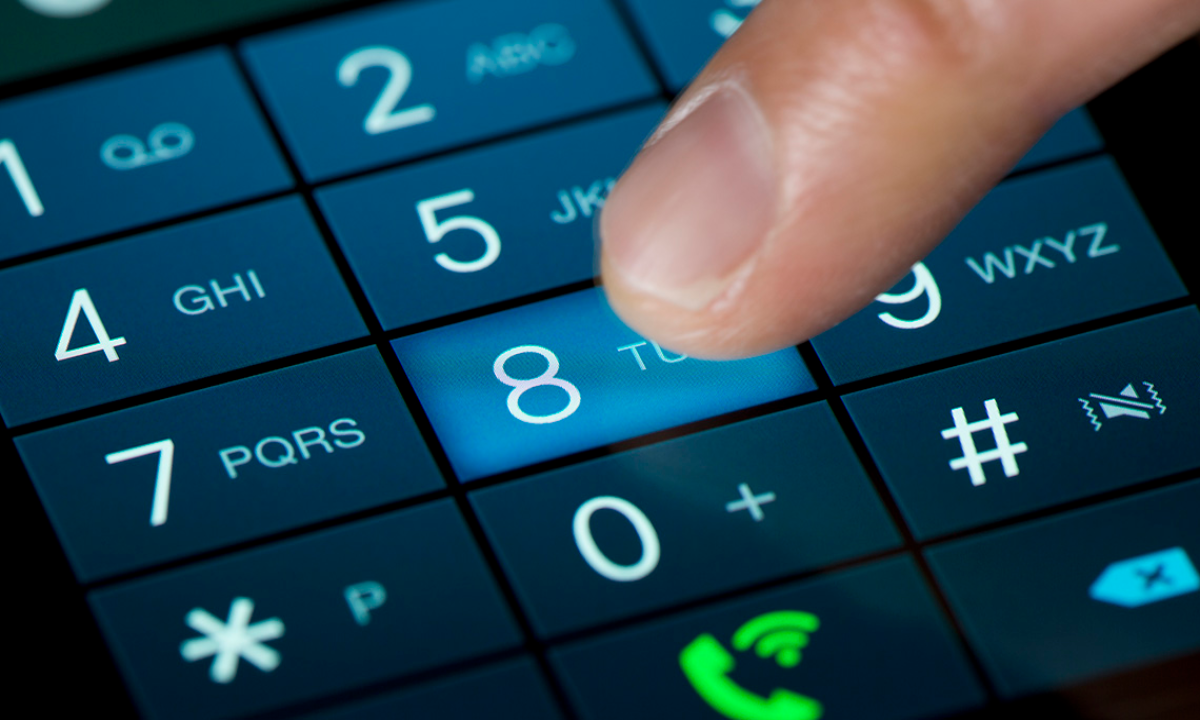Written by: Andrew Morris
After months of deliberation and legal complications, a bill is set to pass, allocating $20 million to a government-run 9-1-1 crisis line alternative for mental health issues.
Though the $20 million plan is a substantial gain in the quest for a good alternative, experts estimate it will take at least five times as much to get the system working up to an ideal state.
The money “is a first step towards creating an easier-to-access system for mental health care. But it’s just a first step,” Sacramento Mayor Darrell Steinberg contended. “We’re going to continue to fight for sustained funding for a mental health crisis response system that includes mobile crisis teams and appropriate follow-up care. Our jails and emergency rooms can no longer be our primary treatment for people in crisis.”
The biggest problem with transitioning from the current 10-digit system to the 3-digit crisis line lies in the volume of calls increasing three to fivefold. This immense growth would result in desperate callers being put on hold or the calls being dropped altogether.
Since the pandemic, mental health disorders, including depression and bipolar disorders, are at a record high. This adds yet another complication to the system, especially when one considers mental health problems in the future as the pandemic continues.
As the bill runs through the legal system, mental health advocates will continue to push for funding gains by the government.
Photo from: 4KODIAK/ISTOCK/GETTY IMAGES PLUS/GETTY IMAGES




